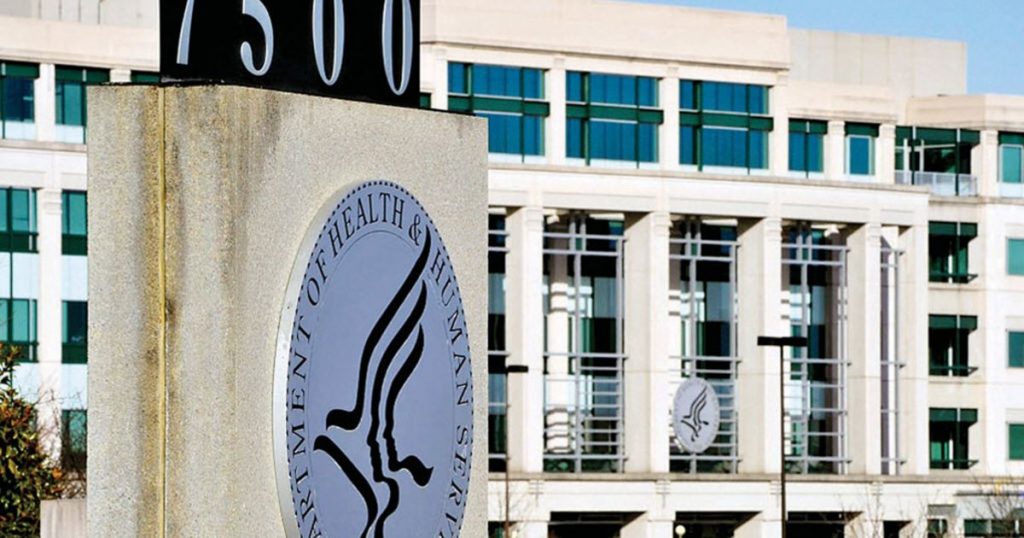The Health and Human Services Department intends to reinstate healthcare nondiscrimination rules that President Donald Trump’s administration tossed out two years ago, Secretary Xavier Becerra said Monday.
HHS has issued a draft regulation that would once again ban discrimination based on gender identity and would add new protections, including against discrimination based on sexual orientation.
“We want to make sure that whoever you are, whatever you look like, wherever you live, however you wish to live your life, that you have access to the care that you need,” Becerra said during a call with reporters.
Drawing on provisions from the Affordable Care Act, President Barack Obama’s administration issued the first regulation governing discrimination against people based on gender identity in 2016. Four years later, the Trump administration finalized a rule that removed nondiscrimination protections for transgender people, loosened language accessibility requirements, narrowed the scope of HHS programs subject to nondiscrimination requirements and more.
The new proposed rule restores the nondiscrimination requirements from Section 1557 of the ACA to reflect the broad scope of federal health programs. The regulation would also designate Medicare Part B, which covers mostly outpatient services, as federal financial assistance for the first time.
“This is really making sure that the protections that are afforded by 1557 really are applying much more broadly across all of our programs,” Centers for Medicare and Medicaid Services Administrator Chiquita Brooks-LaSure said during the call.
The rule would also require notices of nondiscrimination and language assistance availability in healthcare programs. Organizations subject to the rule would have to provide alternative formats for people with disabilities, offer communications in languages besides English and train employees to provide language assistance services. Nondiscrimination requirements would also apply to telehealth services.
HHS also included a provision banning discriminatory clinical algorithms for decision support.
The new proposal would also ban discrimination based on pregnancy or pregnancy termination. The Trump administration allowed healthcare providers and covered entities to invoke religious exemptions from complying with sex nondiscirmination if doing so involves paying for an abortion. The rule also alters the process for raising religious objections.
